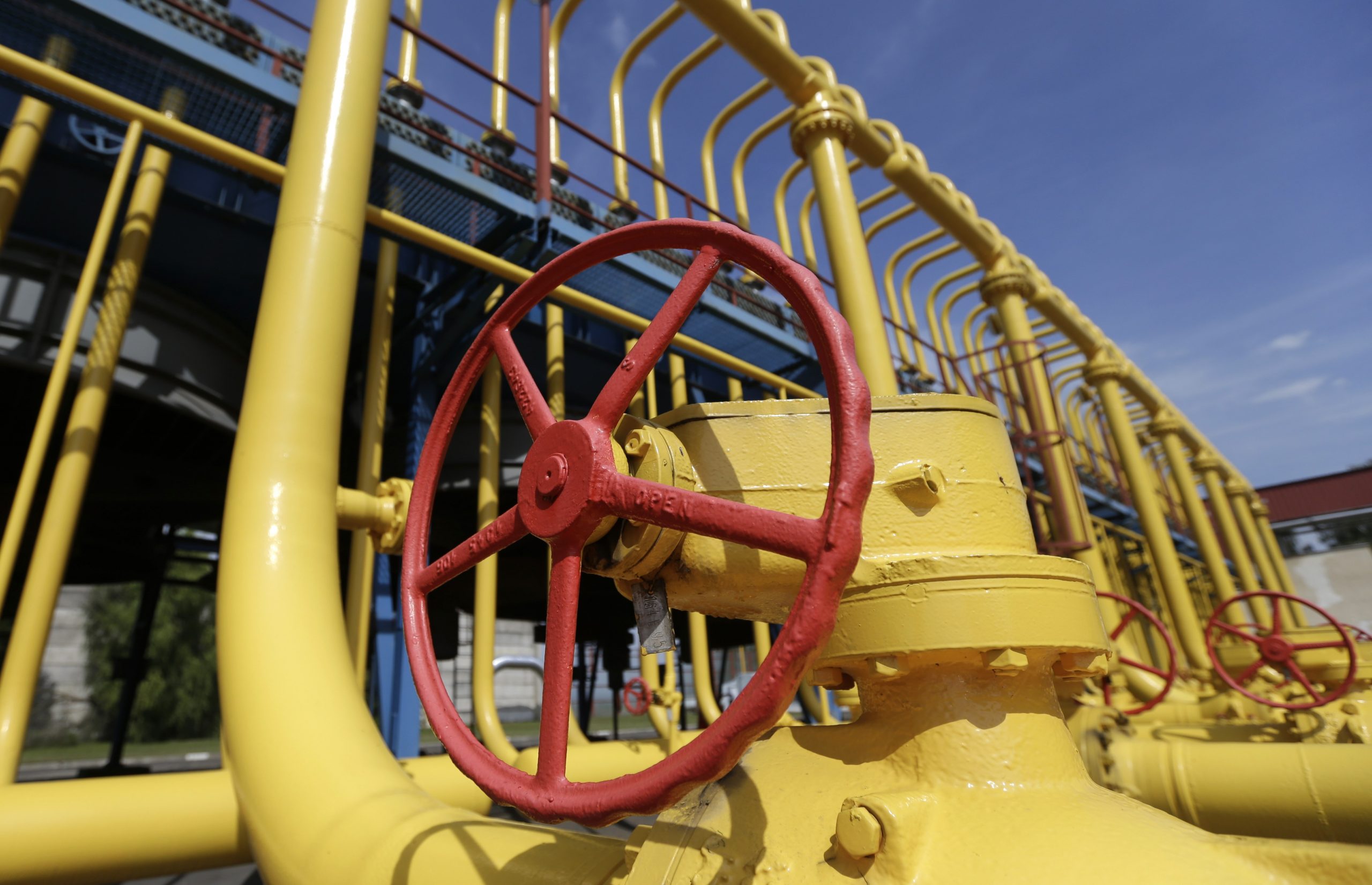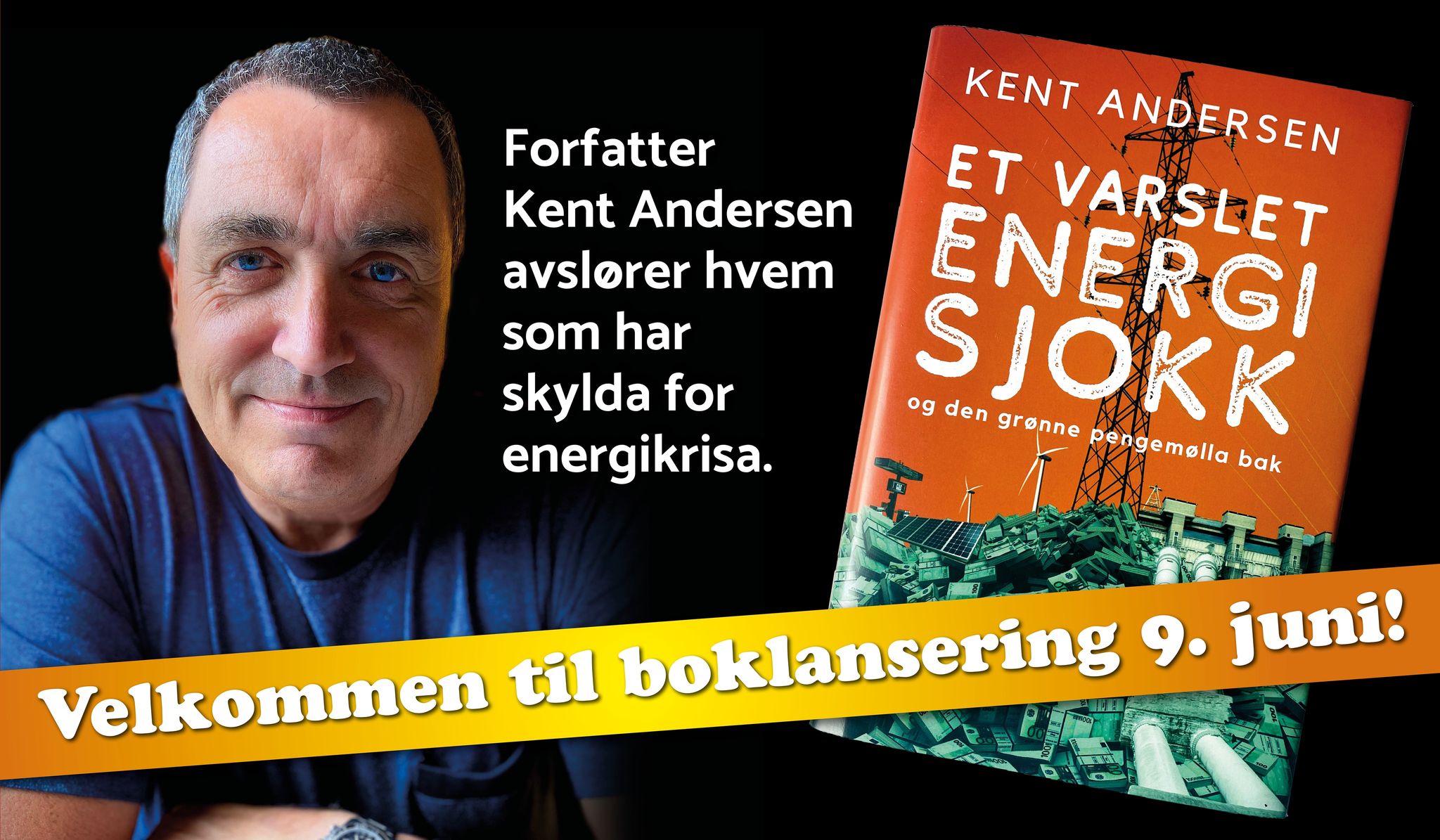Ukraina-krigen gjør at en rekke land ønsker å erstatte energiimporten fra Russland med leveranser av fossile energikilder fra andre land, og det har resultert i økte investeringer i fossile energiprosjekter, melder BBC.
Nye anlegg for flytende naturgass (LNG) er nå på trappene både i Tyskland, Italia, Hellas, Nederland og Canada, og i Vest-Afrika børster man støvet av gamle gassprosjekter, opplyser Climate Action Tracker (CAT).
En av forskningsgruppens samarbeidspartnere kaller det som pågår for et fossilt «gullrush»:
«There seems to be really a gold rush for new fossil fuel infrastructure,» Professor Niklas Höhne of NewClimate Institute, a CAT partner, told BBC News.
Ny infrastruktur vil løse et kortsiktig problem, men vil også bli brukt i det lange løp, mener Höhne:
«Supposedly it helps with short-term energy supply, but new infrastructure once it’s built will be there for decades and we will definitely miss the climate targets,» he said.
Dermed reduseres altså muligheten for betydelige kutt i de globale CO2-utslippene. Det gjør USAs klimautsending bekymret:
The report comes as diplomats meet at the UN Bonn Climate Change conference amid new, energy security worries.
US envoy on climate change John Kerry warned in a BBC interview ahead of the conference that the war in Ukraine must not be used as an excuse to prolong global reliance on coal. He criticised a number of large countries for not living up to the promises they made at the COP26 climate summit in 2021.
EU, som har lovfestet radikale kutt i utslippene, motarbeider i praksis sine egne hensikter:
As part of what’s called «REpowerEU» up to €12bn have been earmarked for gas pipelines and import facilities for liquefied natural gas (LNG) in what the European Commission says is a short-term move to secure energy supplies while renewable capacity is built.
Kjøp «Et varslet energisjokk» her!









